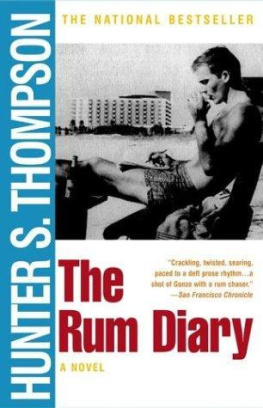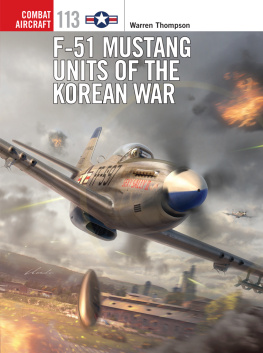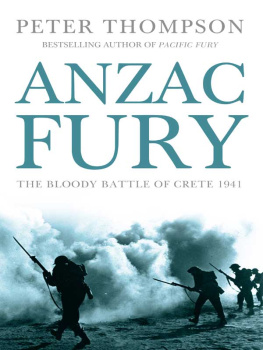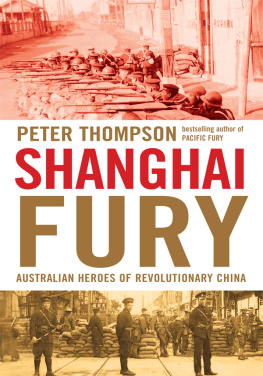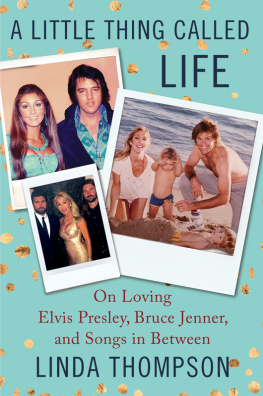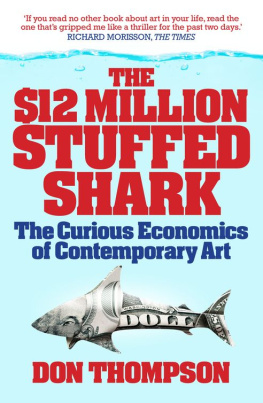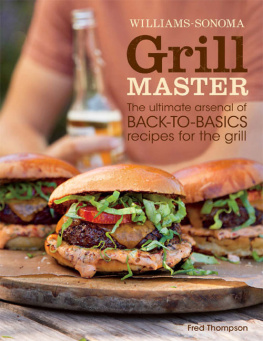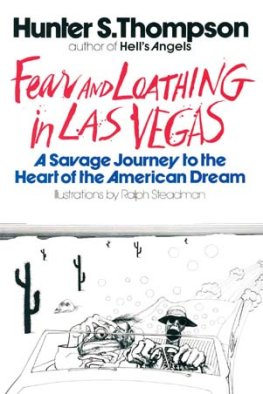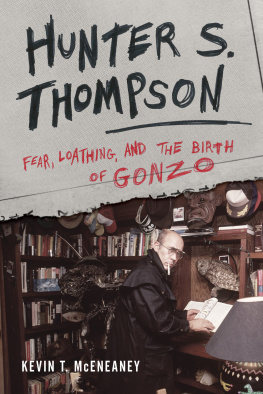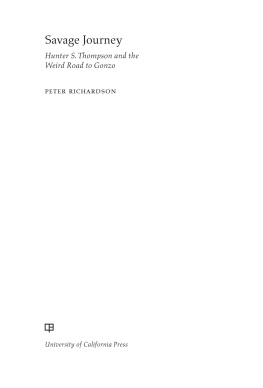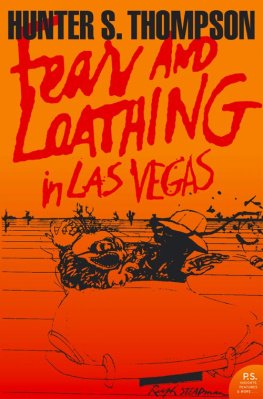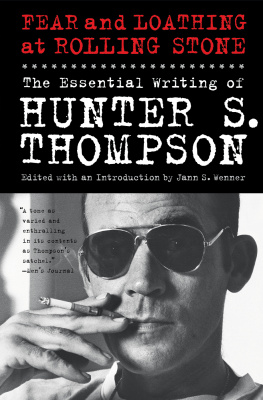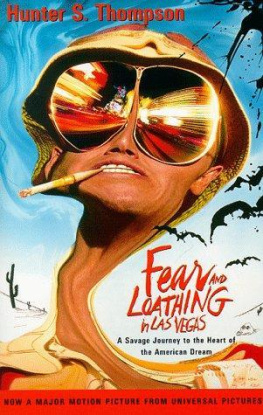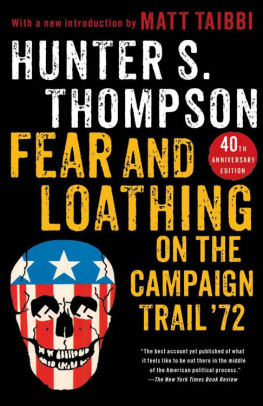Thompson - The Rum Diary
Here you can read online Thompson - The Rum Diary full text of the book (entire story) in english for free. Download pdf and epub, get meaning, cover and reviews about this ebook. year: 1999, publisher: Simon & Schuster, genre: Detective and thriller. Description of the work, (preface) as well as reviews are available. Best literature library LitArk.com created for fans of good reading and offers a wide selection of genres:
Romance novel
Science fiction
Adventure
Detective
Science
History
Home and family
Prose
Art
Politics
Computer
Non-fiction
Religion
Business
Children
Humor
Choose a favorite category and find really read worthwhile books. Enjoy immersion in the world of imagination, feel the emotions of the characters or learn something new for yourself, make an fascinating discovery.
- Book:The Rum Diary
- Author:
- Publisher:Simon & Schuster
- Genre:
- Year:1999
- Rating:4 / 5
- Favourites:Add to favourites
- Your mark:
- 80
- 1
- 2
- 3
- 4
- 5
The Rum Diary: summary, description and annotation
We offer to read an annotation, description, summary or preface (depends on what the author of the book "The Rum Diary" wrote himself). If you haven't found the necessary information about the book — write in the comments, we will try to find it.
Begun in 1959 by a then-twenty-two-year-old Hunter S. Thompson, The Rum Diary is a brilliantly tangled love story of jealousy, treachery and violent alcoholic lust in the Caribbean boomtown that was San Juan, Puerto Rico, in the late 1950s. Exuberant and mad, youthful and energetic, The Rum Diary is an outrageous, drunken romp in the spirit of Thompsons bestselling Fear and Loathing in Las Vegas and Hells Angels.
The Rum Diary — read online for free the complete book (whole text) full work
Below is the text of the book, divided by pages. System saving the place of the last page read, allows you to conveniently read the book "The Rum Diary" online for free, without having to search again every time where you left off. Put a bookmark, and you can go to the page where you finished reading at any time.
Font size:
Interval:
Bookmark:
The Rum Diary
San Juan, Winter of 1958
In the early Fifties, when San Juan first became a tourist town, an ex-jockey named Al Arbonito built a bar in the patio behind his house on Calle O'Leary. He called it Al's Backyard and hung a sign above his doorway on the street, with an arrow pointing between two ramshackle buildings to the patio in back. At first he served nothing but beer, at twenty cents a bottle, and rum, at a dime a shot or fifteen cents with ice. After several months he began serving hamburgers, which he made himself.
It was a pleasant place to drink, especially in the mornings when the sun was still cool and the salt mist came up from the ocean to give the air a crisp, healthy smell that for a few early hours would hold its own against the steaming, sweaty heat that clamps San Juan at noon and remains until long after sundown.
It was good in the evenings, too, but not so cool. Sometimes there would be a breeze and Al's would usually catch it because of the fine location -- at the very top of Calle O'Leary hill, so high that if the patio had windows you could look down on the whole city. But there is a thick wall around the patio, and all you can see is the sky and a few plantain trees.
As time passed, Al bought a new cash register, then he bought wood umbrella-tables for the patio; and finally moved his family out of the house on Calle O'Leary, out in the suburbs to a new urban-izacion near the airport. He hired a large negro named Sweep, who washed the dishes and carried hamburgers and eventually learned to cook.
He turned his old living room into a small piano bar, and got a pianist from Miami, a thin, sad-faced man called Nelson Otto. The piano was midway between the cocktail lounge and the patio. It was an old baby-grand, painted light grey and covered with special shellac to keep the salt air from ruining the finish -- and seven nights a week, through all twelve months of the endless Caribbean summer, Nelson Otto sat down at the keyboard to mingle his sweat with the weary chords of his music.
At the Tourist Bureau they talk about the cooling trade winds that caress the shores of Puerto Rico every day and night of the year -- but Nelson Otto was a man the trade winds never seemed to touch. Hour after muggy hour, through a tired repertoire of blues and sentimental ballads, the sweat dripped from his chin and soaked the armpits of his flowered cotton sportshirts. He cursed the goddamn shitting heat with such violence and such hatred that it sometimes ruined the atmosphere of the place, and people would get up and walk down the street to the Flamboyan Lounge, where a bottle of beer cost sixty cents and a sirloin steak was three-fifty.
When an ex-communist named Lotterman came down from Florida to start the San Juan Daily News, Al's Backyard became the English-language press club, because none of the drifters and the dreamers who came to work for Lotterman's new paper could afford the high-price New York bars that were springing up all over the city like a rash of neon toadstools. The day-shift reporters and deskmen straggled in about seven, and the night-shift types -- sports people, proofreaders and make-up men -- usually arrived en masse around midnight. Once in a while someone had a date, but on any normal night a girl in Al's Backyard was a rare and erotic sight. White girls were not plentiful in San Juan, and most of them were either tourists, hustlers or airline stewardesses. It was not surprising that they preferred the casinos or the terrace bar at the Hilton.
All manner of men came to work for the News: everything from wild young Turks who wanted to rip the world in half and start all over again -- to tired, beer-bellied old hacks who wanted nothing more than to live out their days in peace before a bunch of lunatics ripped the world in half.
They ran the whole gamut from genuine talents and honest men, to degenerates and hopeless losers who could barely write a postcard -- loons and fugitives and dangerous drunks, a shoplifting Cuban who carried a gun in his armpit, a half-wit Mexican who molested small children, pimps and pederasts and human chancres of every description, most of them working just long enough to make the price of a few drinks and a plane ticket.
On the other hand, there were people like Tom Vanderwitz, who later worked for the Washington Post and won a Pulitzer Prize. And a man named Tyrrell, now an editor of the London Times, who worked fifteen hours a day just to keep the paper from going under.
When I arrived the News was three years old and Ed Lotterman was on the verge of a breakdown. To hear him talk you would think he'd been sitting at the very cross-corners of the earth, seeing himself as a combination of God, Pulitzer and the Salvation Army. He often swore that if all the people who had worked for the paper in those years could appear at one time before the throne of The Almighty -- if they all stood there and recited their histories and their quirks and their crimes and their deviations -- there was no doubt in his mind that God himself would fall down in a swoon and tear his hair.
Of course Lotterman exaggerated; in his tirade he forgot about the good men and talked only about what he called the wineheads. But there were more than a few of these, and the best that can be said of that staff is that they were a strange and unruly lot. At best they were unreliable, and at worst they were drunk, dirty and no mare dependable than goats. But they managed to put out a paper, and when they were not working a good many of them passed the time drinking in Al's Backyard.
They bitched and groaned when -- in what some of them called a fit of greed -- Al jacked the price of beer up to a quarter; and they kept on bitching until he tacked up a sign listing beer and drink prices at the Caribe Hilton. It was scrawled in black crayon and hung in plain sight behind the bar.
Since the newspaper functioned as a clearing-house for every writer, photographer and neo-literate con man who happened to find himself in Puerto Rico, Al got the dubious benefit of this trade too. The drawer beneath the cash register was full of unpaid tabs and letters from all over the world, promising to get that bill squared away in the near future. Vagrant journalists are notorious welshers, and to those who travel in that rootless world, a large unpaid bar tab can be a fashionable burden.
There was no shortage of people to drink with in those days. They never lasted very long, but they kept coming. I call them vagrant journalists because no other term would be quite as valid. No two were alike. They were professionally deviant, but they had a few things in common. They depended, mostly from habit, on newspapers and magazines for the bulk of their income; their lives were geared to long chances and sudden movement; and they claimed no allegiance to any flag and valued no currency but luck and good contacts.
Some of them were more journalists than vagrants, and others were more vagrants than journalists -- but with afew exceptions they were part-time, freelance, would-be foreign correspondents who, for one reason or another, lived at several removes from the journalistic establishment. Not the slick strivers and jingo parrots who staffed the mossback papers and news magazines of the Luce empire. Those were a different breed.
Puerto Rico was a backwater and the Daily News was staffed mainly by ill-tempered wandering rabble. They moved erratically, on the winds of rumor and opportunity, all over Europe, Latin America and the Far East -- wherever there were English-language newspapers, jumping from one to another, looking always for the big break, the crucial assignment, the rich heiress or the fat job at the far end of the next plane ticket.
In a sense I was one of them -- more competent than some and more stable than others -- and in the years that I carried that ragged banner I was seldom unemployed. Sometimes I worked for three newspapers at once. I wrote ad copy for new casinos and bowling alleys. I was a consultant for the cockfighting syndicate, an utterly corrupt high-end restaurant critic, a yachting photographer and a routine victim of police brutality. It was a greedy life and I was good at it. I made some interesting friends, had enough money to get around, and learned a lot about the world that I could never have learned in any other way.
Font size:
Interval:
Bookmark:
Similar books «The Rum Diary»
Look at similar books to The Rum Diary. We have selected literature similar in name and meaning in the hope of providing readers with more options to find new, interesting, not yet read works.
Discussion, reviews of the book The Rum Diary and just readers' own opinions. Leave your comments, write what you think about the work, its meaning or the main characters. Specify what exactly you liked and what you didn't like, and why you think so.

